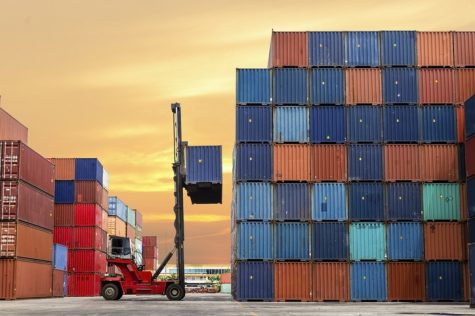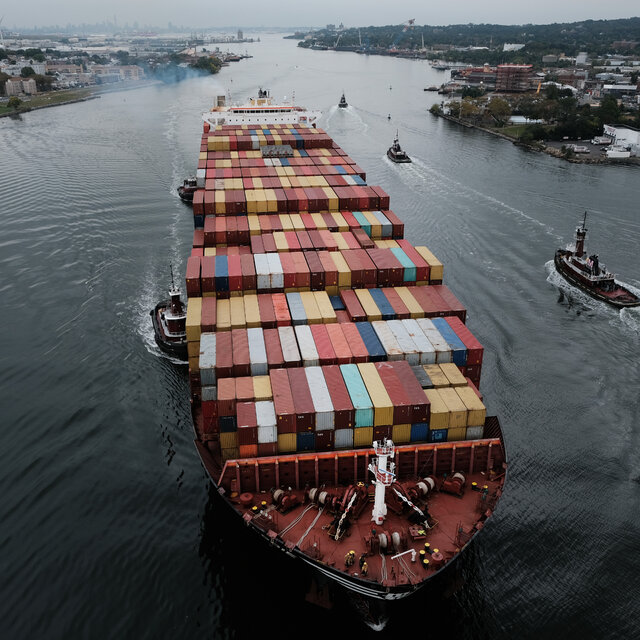Global Supply Chain in Chaos
With the winter holidays about two months away, excessive demand for consumer products, specifically in the United States, is starting to overheat the global supply chain that has already been significantly understaffed and weakened by the pandemic — leading to yet another unprecedented economic scenario unfolding before our eyes as a result of COVID-19.
The issue dates back to the start of the global COVID-19 pandemic in China in March of 2020, when factories across China were shuttered due to the pandemic. These factories were crucial to the global supply chain for a variety of products from automobiles to chemicals. Additionally, during the pandemic, deliveries of crucial supplies like personal protective equipment were sent in bulk to areas with relatively few exports like Africa and Latin America. As a result, shipping containers are scattered across the world with no immediate economic impetus to send the shipping containers back into circulation, leading to a shortage in busy ports. Now that the demand for goods is quickly ratcheting up, many companies are panicking and are sending countless ships and shipping containers into main ports, leading to excessive jams and more delays. Not only is this having effects on packages and shipments to individuals, but this is also enlarging the divide between large retailers and small businesses, as large businesses have enough financial resources and padding to brave the spiking financial costs caused by the disruption, whereas small businesses largely do not. Essential medical materials, like medicines and other life-saving supplies are also at risk of delays.

President Biden recently announced that the two busiest ports in the U.S., Los Angeles and Long Beach, would be open 24 hours a day in an attempt to ease the current bottleneck. This seems to have increased efficiency at those ports specifically, but, given the disruption’s global magnitude, it has not solved the entire problem. Transportation Secretary Pete Buttigieg did a whirlwind series of Sunday show appearances in which he hailed the ports measure as effective, but hinted on CNN’s State of the Union that the larger issue could leak into 2022. Buttigieg also used his appearances to tout the 1.2 trillion dollar bipartisan infrastructure bill currently moving through Congress, specifically tying it to a solution for the supply chain issue in the United States by citing its significant investments in ports across the country.
The issues are not necessarily limited to seaside ports. The American Trucking Associations said that they are currently around 80,000 truckers short of where they would like to be ideally. The lack of truckers further complicates the supply chain, as it signals a narrowing of possible overland routes for goods to flow through. At a CNN town hall on Thursday, President Biden said that he would consider getting the national guard to help the trucking industry have enough drivers, though the White House has since walked that back slightly, emphasizing that it is a last resort option.
It remains unclear whether the supply chain will be able to improve soon, and if preventative measures like the Biden administration’s recent ones will help it do so. Also up in the air is how much the regular person will be affected this holiday season when it comes to their ordered goods and packages, and how much businesses across the country and world will be disrupted.

Abhishek is a deeply engaged member of the Albuquerque Academy community, part of several government and politics-focused clubs and activities. For the...







